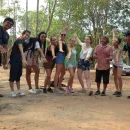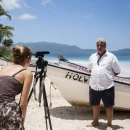Erasmus+ is a European Union program that supports education, training, youth, and sport across Europe. It encourages mobility and cooperation by offering financial support to individuals and organizations.
Beyond academic exchanges, Erasmus+ promotes inclusion, personal development, and cultural exchange, allowing participants to gain new skills, broaden their horizons, and build a sense of European identity.
The program also funds projects that connect schools, universities, NGOs, and local communities to share knowledge and innovate together.

Erasmus+ is supports the green transition by encouraging sustainable travel, such as using trains or buses instead of planes, and by funding projects focused on environmental awareness and climate action.
Erasmus+ addresses the needs of all citizens, but the program particularly focuses on young people between 18 and 30 years old, whether they are volunteers, students, participating in university exchanges, or completing internships abroad.
For full details on eligibility criteria, application procedures, and funding rules, consult the official Erasmus+ Programme Guide.

The Erasmus+ grant provides between €300 and €600 per month, depending on your destination and your personal situation. Destinations in European countries with a higher cost of living receive a larger grant to help cover expenses.
Your personal circumstances also affect the amount of funding, including the country you are studying in, your family situation, the type of your mobility and destination structure.
In addition to this monthly grant, Erasmus+ offers a mobility grant based on the distance between your home and your destination.
Choosing green transportation methods, such as trains or buses instead of planes, is financially rewarding to encourage sustainable travel.
In addition to covering travel to your destination, the Erasmus+ grant helps cover part of your living expenses, including accommodation and food. It can also contribute to tuition fees, if applicable.
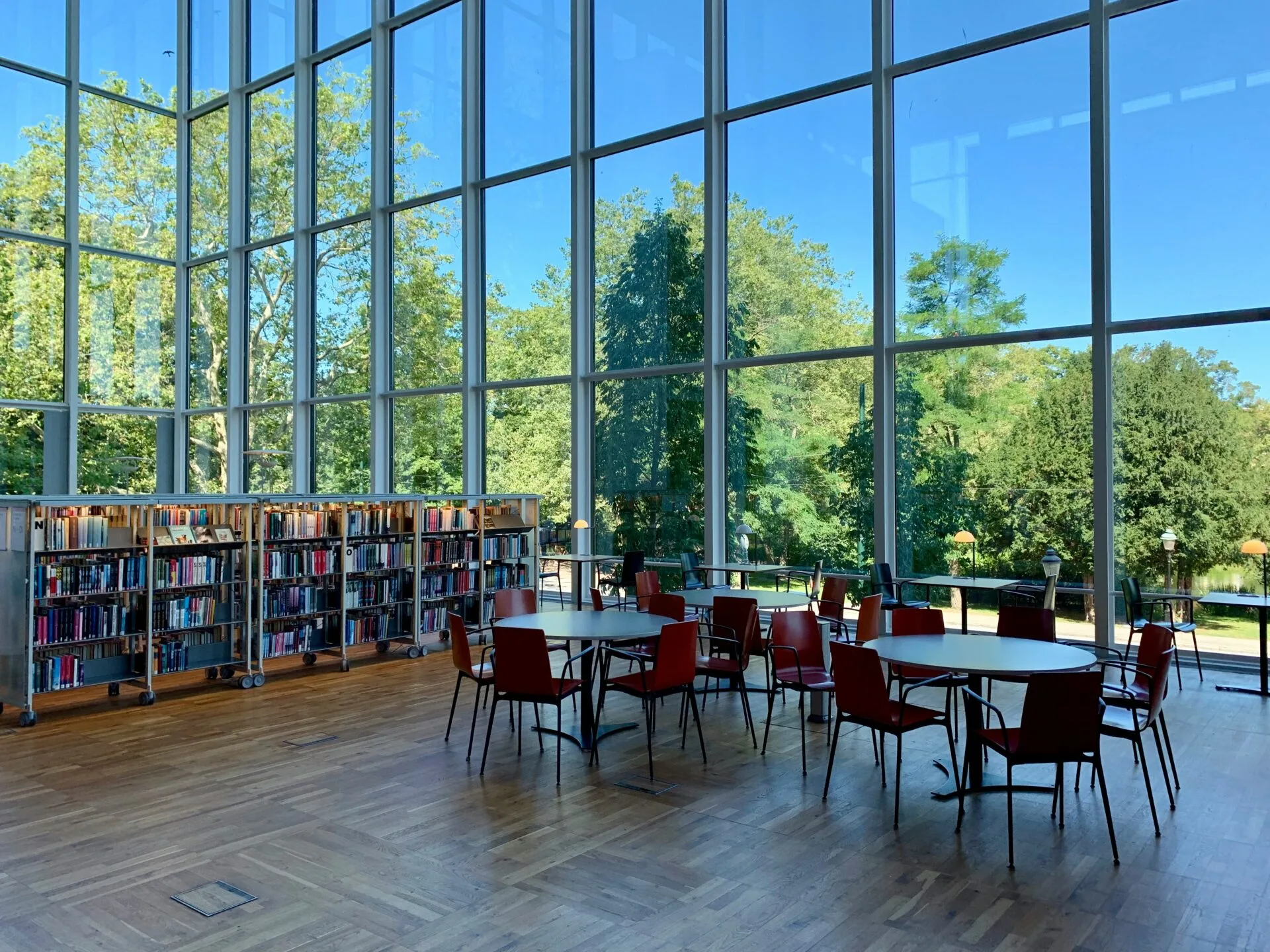
Since financial barriers often prevent many students from taking part in international mobility programs, Erasmus+ aims to reduce these obstacles as much as possible by providing accessible and inclusive funding support.
The Erasmus+ grant can cover a maximum of 12 months per education cycle (Bachelor’s, Master’s, or PhD).
You are not required to use the 12 months all at once, the mobility periods can be split, but if the total duration exceeds 12 months, any additional time will not be funded by Erasmus+.
This means you can benefit from Erasmus+ funding during your Bachelor’s degree for 2 to 12 months, and then again during your Master’s degree, with a new 12-month limit.
You can generally begin the application process around one year before the start of your mobility.
The most important thing is to respect the deadlines set by your sending institution, as they are responsible for both the selection process and the administrative support throughout your Erasmus+ journey.
Don’t hesitate to contact your institution early to ensure you have all the necessary information. If everything is approved, you will typically receive 70% of your total Erasmus+ grant within the first few months after your mobility begins.
Don’t forget to complete all mandatory documents at the end of your mobility; failing to do so may result in having to reimburse the grant.
Join the Veterinary internships programs to learn and apply your skills through real clinical cases in NGOs in Europe. You will contribute to the protection of abandoned and mistreated animals by assisting active clinics. You can carry out your veterinary internship in several European countries such as Portugal (Lisbon, Porto), Spain (Barcelona), Italy (Rome), Greece (Athens), and Croatia (Split).
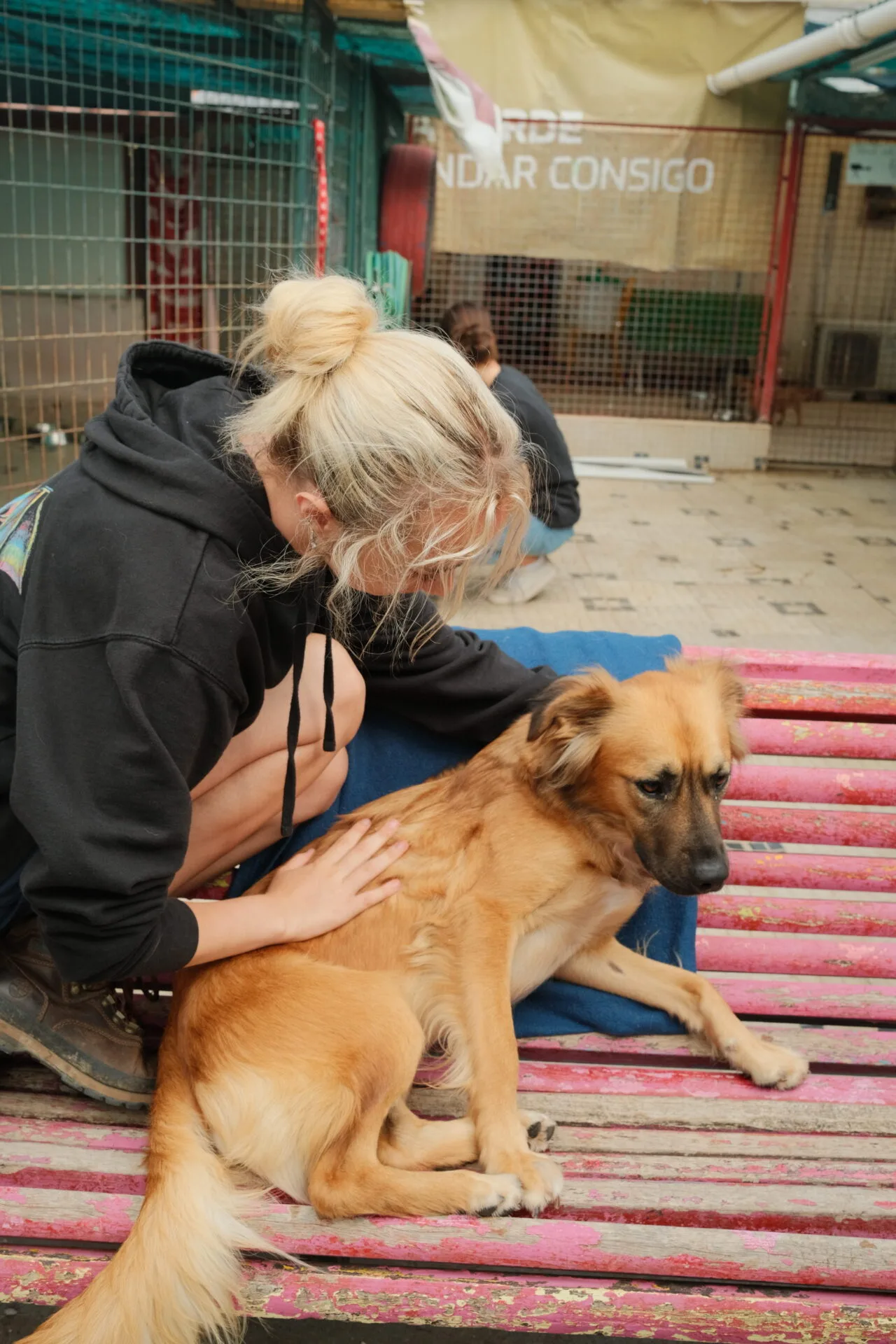
Discover our communication internships in Europe and gain knowledge in the field of communication by training alongside professionals who will help broaden your career prospects and provide you with a rich experience. These programs ensure that your presence benefits the NGO as much as possible and to provide you with a well-rounded professional experience through varied missions.
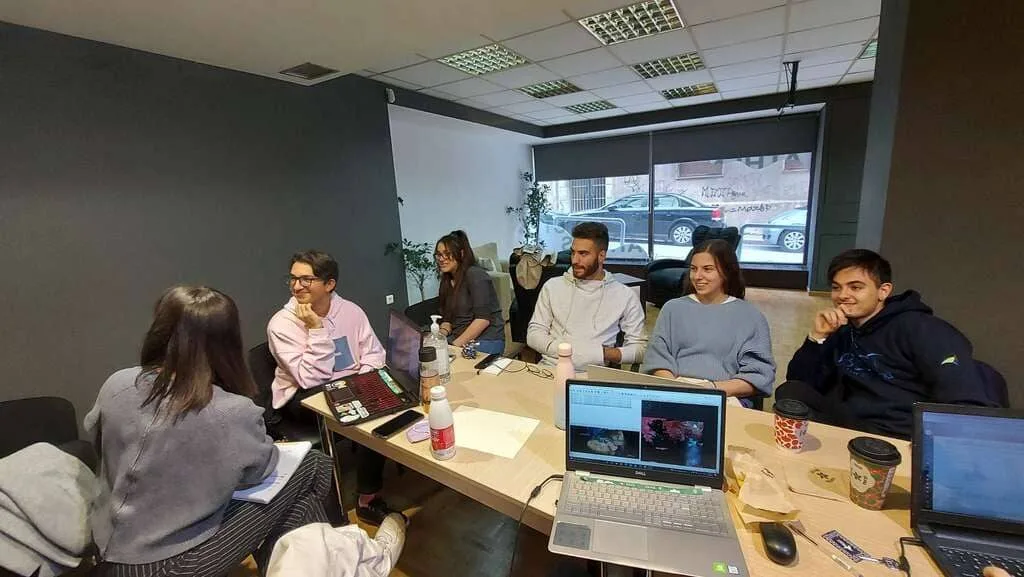
Learn more about other funding opportunities for your program in this article.
Did you like this article ?
Share it on social media!
In this article :
Similar items
Our latest articles
